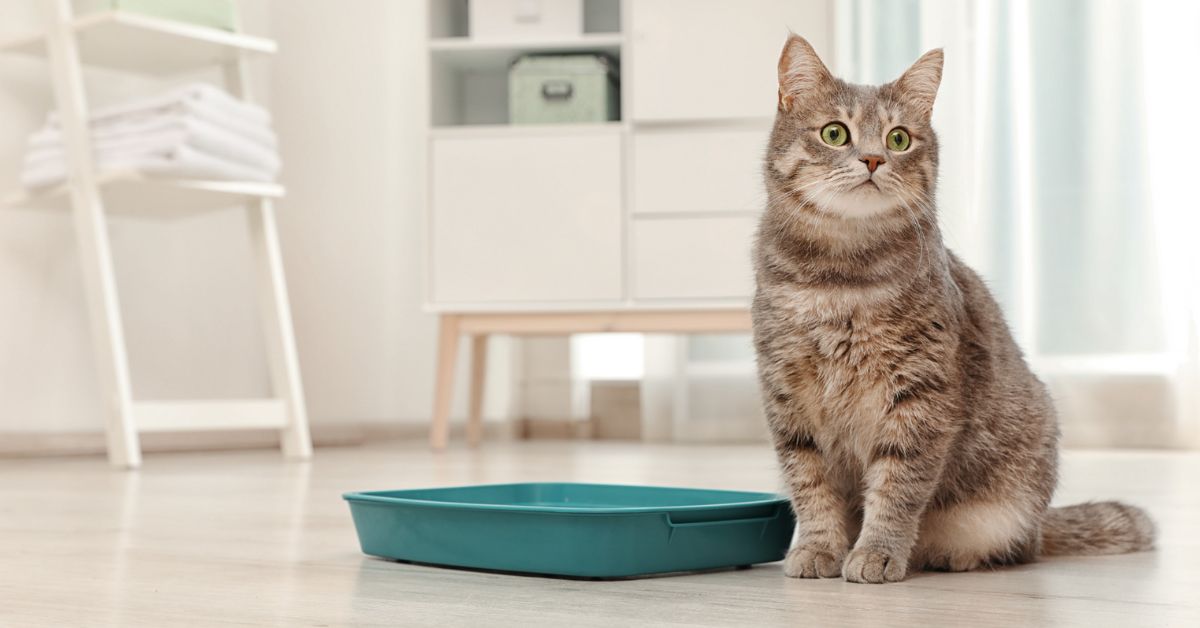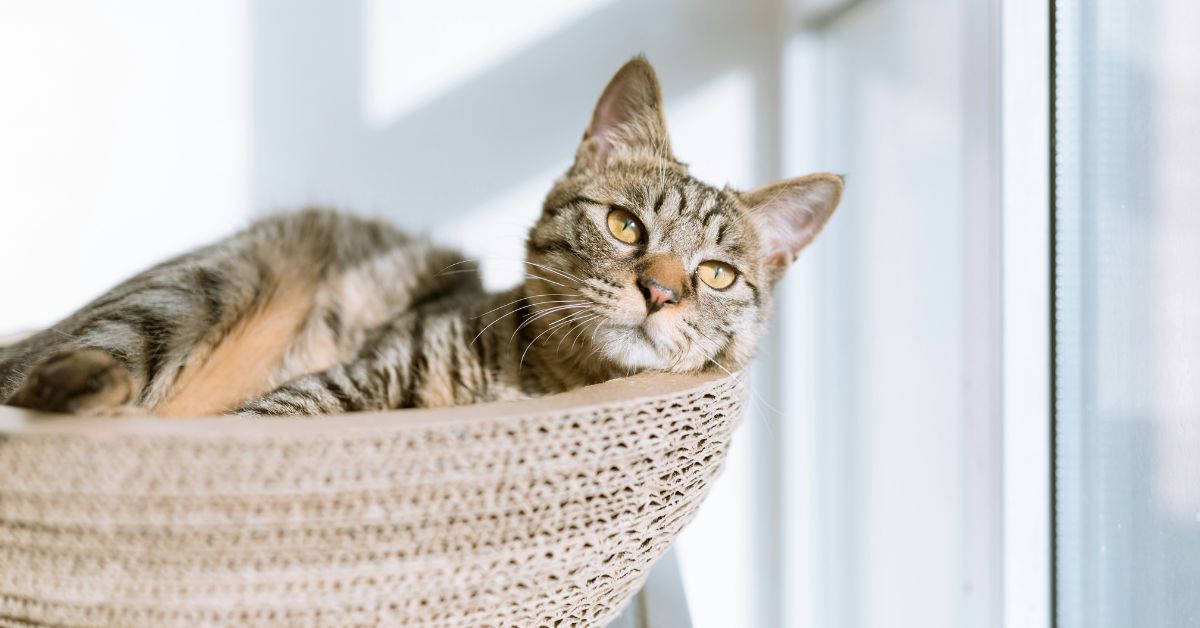Dealing with cat pee smell is a common and frustrating challenge many cat owners face. If the root cause is not addressed, it may encourage your furry friend to mark the same spot again. In this guide, we’ll explore effective methods to eliminate cat pee smell, focusing on proper litter box practices and the miraculous power of enzyme cleaners. Say goodbye to unwanted odors and hello to a fresh, welcoming home.

Understanding the Source: Litter Box Management
Before tackling the smell, it is crucial to understand its root cause. Without addressing the underlying issue causing your cat to urinate outside of its designated litter box, this could become a recurring issue for you and your kitty. Often, inadequate litter box maintenance or the litter box’s location can lead to accidents outside the box.
- The Right Number of Litter Boxes
A good rule of thumb is to have one more litter box than you have cats. For instance, if you own two cats, aim for three litter boxes. This ensures that each cat has access to a clean spot when the need arises.
- Strategic Placement
Cats prefer a quiet, accessible location for their business, away from their food and water. Ensure that each litter box is placed in a different area of your home to avoid territorial disputes among multiple cats.
- Regular Cleaning
Daily scooping and regular changing of the litter are a must! Cats are extremely clean creatures and, a dirty litter box might discourage them from using it, leading to accidents around the house.
- Type of Litter
Another common culprit may be the type of litter you are using. Have you recently switched brands or types of litter? Your cat may be telling you that they don’t like the kind of litter you’re using for their litter box. Consider switching the type of litter to one that is similar to the texture of sand, as this mimics your cat’s natural instincts of burying their litter.
Eradicating Odors: The Power of Enzyme Cleaners
Once you’ve optimized your litter box setup, it’s time to deal with any accidents outside the box. Here’s where enzyme cleaners come into play.
What are Enzyme Cleaners?
Enzyme cleaners break down the proteins in cat urine, effectively neutralizing the odor rather than merely masking it. They’re a must-have tool in your odor-fighting arsenal.
How to Use Enzyme Cleaners
- Locate the Spot: Use your nose or a UV light to find exactly where the urine is.
- Blot, Don’t Rub: If the urine is still wet, blot it up with paper towels. Avoid rubbing, as this can further embed the urine into the surface.
- Apply Enzyme Cleaner: Follow the instructions on the cleaner. Generally, you’ll want to saturate the area thoroughly.
- Let It Sit: Give the cleaner ample time to work, often several hours or according to the product’s direction.
- Repeat if Necessary: For deep stains or old odors, a second application may be necessary.
Preventive Measures: Beyond the Cleanup
With your home smelling fresh again, let’s ensure it stays that way.
- Address Behavioral Issues
If your cat continues to avoid the litter box, consider underlying behavioral or health issues. Stress, anxiety, or medical problems can lead to litter box avoidance. If your cat is having sudden litter box issues, we recommend a trip to the vet as this could be the early signs of a medical issues.
- Consider Comfort
Evaluate the litter type and depth. Some cats have preferences for certain textures or find high-sided boxes difficult to enter. Understanding your cat’s preferences is key.
- Ageing & Arthritis
medical conditions such as arthiritis or dementia may be the underlying cause. If your cat is getting older and you are noticing they are having more and more trouble going to the litter box, we recommend visiting the vet to ensure that signs of ageing aren’t the cause of litter box issues!
- Product Innovations
Explore odor-control litter and litter additives designed to neutralize smells. These can work wonders in keeping your home smelling fresh.
- Regular Vet Checkups
Routine veterinary visits are essential. Conditions like urinary tract infections can cause inappropriate urination, so it’s crucial to rule out health issues.
Conclusion:
Eliminating cat pee smell requires a multifaceted approach. By mastering litter box practices and harnessing the power of enzyme cleaners, you can maintain a fresh, inviting home. Remember, understanding your cat’s habits and preferences is paramount. With patience and the right strategies, you can tackle this common issue effectively, ensuring a happier home for both you and your feline friend.

